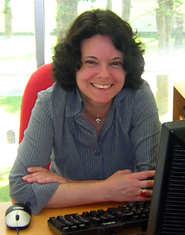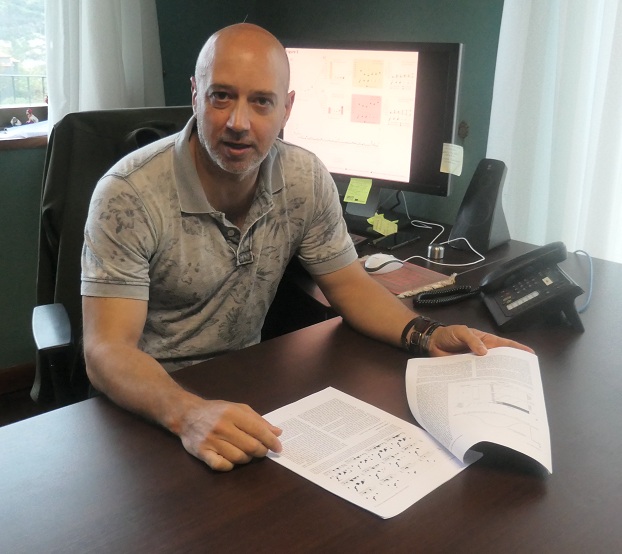GROUPE DE COMMISSION DE L'UICN
Groupe de spécialistes des plantes des îles macaronésiennes de la CSE de l'UICN

Vue d'ensemble et description
- Description:
-
Servira de mécanisme pour conduire et mettre en œuvre des actions de conservation urgentes dans la région, étayées par des preuves scientifiques solides et actualisées, dans un cadre de collaboration ...
Leadership de groupe
Dr Juli CAUJAPÉ-CASTELLS
Co-Chair
Dr. Juli Caujapé-Castells is the director of the Jardín Botánico “Viera y Clavijo”-Unidad Asociada al CSIC, a research division of the Cabildo de Gran Canaria…
Prof Luís SILVA
Red List Authority Coordinator
Luís Silva has a degree in Biology (1989), a PhD in Biology (2001, Plant Ecology) and a professorship in Biology (2015, Biostatistics and Ecological and Environmental Statistics). He has been an…
En bref
Nom officiel :
Groupe de spécialistes des plantes des îles macaronésiennes de la CSE de l'UICN
Commissions associées :


